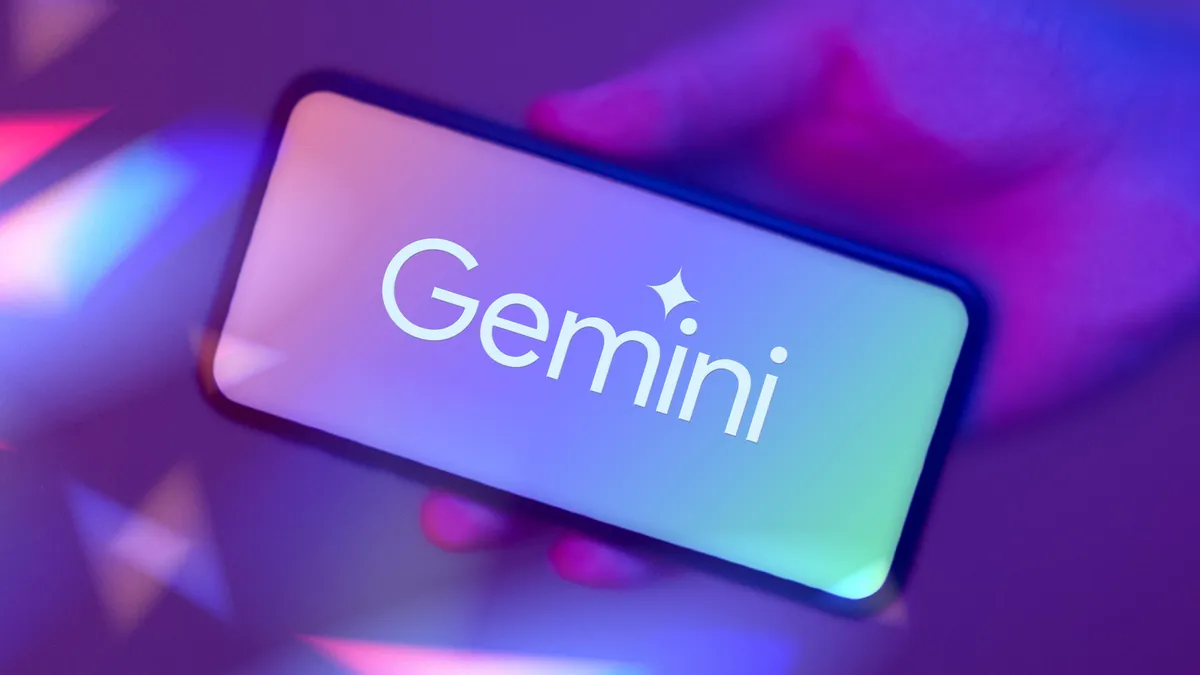A new phase of its AI strategy has begun for Google with the release of Gemini 3, which arrives as the company’s most advanced model to date.
The new system prioritises deeper reasoning and more subtle multimodal understanding, enabling users to approach difficult ideas with greater clarity instead of relying on repetitive prompting. It marks a major step for Google’s long-term project to integrate stronger intelligence into products used by billions.
Gemini 3 Pro is already available in preview across the Gemini app, AI Mode in Search, AI Studio, Vertex AI and Google’s new development platform known as Antigravity.
A model that performs at the top of major benchmarks in reasoning, mathematics, tool use and multimodal comprehension, offering substantial improvements compared with Gemini 2.5 Pro.
Deep Think mode extends the model’s capabilities even further, reaching new records on demanding academic and AGI-oriented tests, although Google is delaying wider release until additional safety checks conclude.
Users can rely on Gemini 3 to learn complex topics, analyse handwritten material, decode long academic texts or translate lengthy videos into interactive guides instead of navigating separate tools.
Developers benefit from richer interactive interfaces, more autonomous coding agents and the ability to plan tasks over longer horizons.
Google Antigravity enhances this shift by giving agents direct control of the development environment, allowing them to plan, write and validate code independently while remaining under human supervision.
Google emphasises that Gemini 3 is its most extensively evaluated model, supported by independent audits and strengthened protections against manipulation. The system forms the foundation for Google’s next era of agentic, personalised AI and will soon expand with additional models in the Gemini 3 series.
The company expects the new generation to reshape how people learn, build and organise daily tasks instead of depending on fragmented digital services.
Would you like to learn more about AI, tech and digital diplomacy? If so, ask our Diplo chatbot!










